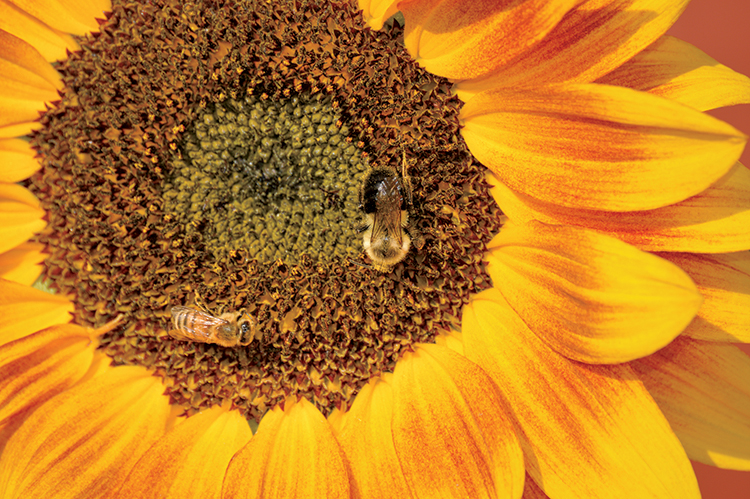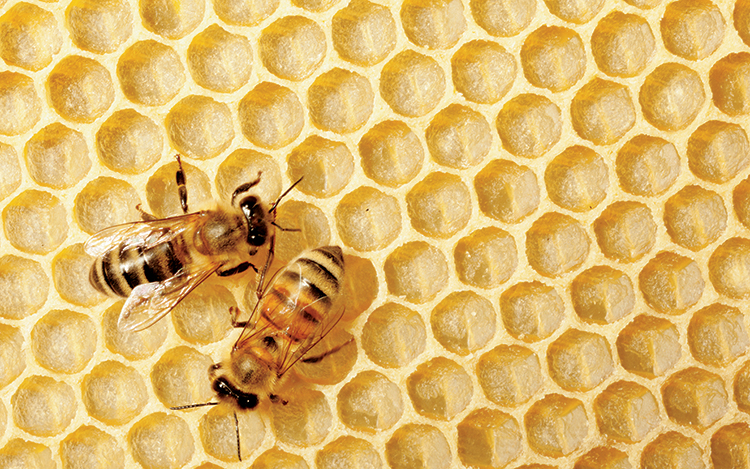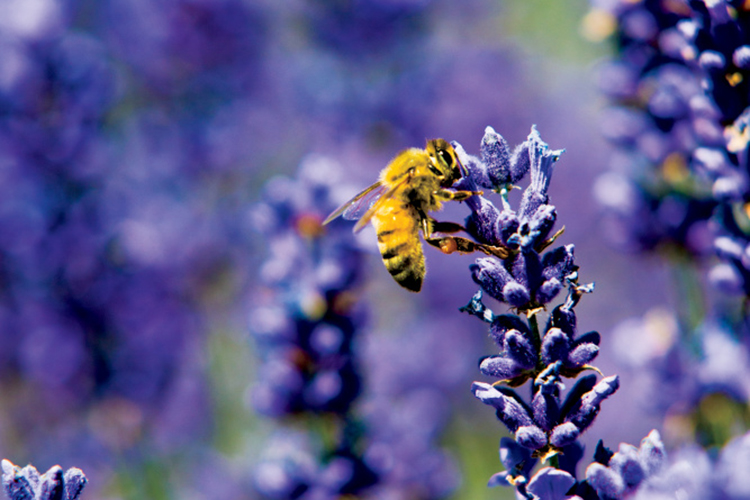Home > Colorado > Colorado Environment > What Colorado is Doing to Protect Its Pollinator Species
What Colorado is Doing to Protect Its Pollinator Species
In partnership with: Colorado Department of Agriculture

Bees, butterflies, birds – one out of every three bites of food that we eat is thanks to these pollinators, who are needed to pollinate crops. Without them, we wouldn’t have fruits, vegetables, nuts, oils or flowers. Not only would our bounty be less diverse, but the agriculture industry would struggle, as those crops contribute $24 billion to the U.S. economy. Pollinators facilitate the reproduction of roughly 80 percent of all flowering plants and pollinate plants that animals feed on as well. These tiny creatures play a huge role in sustaining the ecosystems for life on earth.
READ MORE: How 10 States Are Helping Pollinators
Lucky for Colorado, the state is home to a diverse group of pollinators, including 946 species of native bees, 250 species of butterflies, more than 1,000 species of moths and 11 species of migrating hummingbirds.
Protecting the Pollinators
In recent years, pollinator populations, especially honey bees, have been struggling due to disease and more. Colorado’s own Rice’s Honey and Butterfly Pavilion’s PACE Initiative are teaming up to promote the benefits of pollinators in an effort to help reverse this decline. PACE stands for Pollinator Awareness through Conservation and Education, and Rice’s is donating a portion of proceeds from every bottle of honey sold.
The PACE initiative works to restore habitats, strengthen populations and reintroduce pollinators to native habitats around the globe. Rice’s Honey has always had a mission to promote pollination and sustainable bee farms, so the partnership makes sense.
Help Save the Bees: Plant a Pollinator Garden
Consumers can do their part to protect pollinators as well. Colorado State University designed a pollinator-friendly garden on its campus in the fall of 2017, with attractive plants including verbena, English lavender and bee balm. These are varieties that consumers can easily plant in their own home gardens as well, that are attractive to both pollinators and humans.
Learn more about pollinator health and how to help at colorado.gov/pacific/agplants/apiary-program-page.





